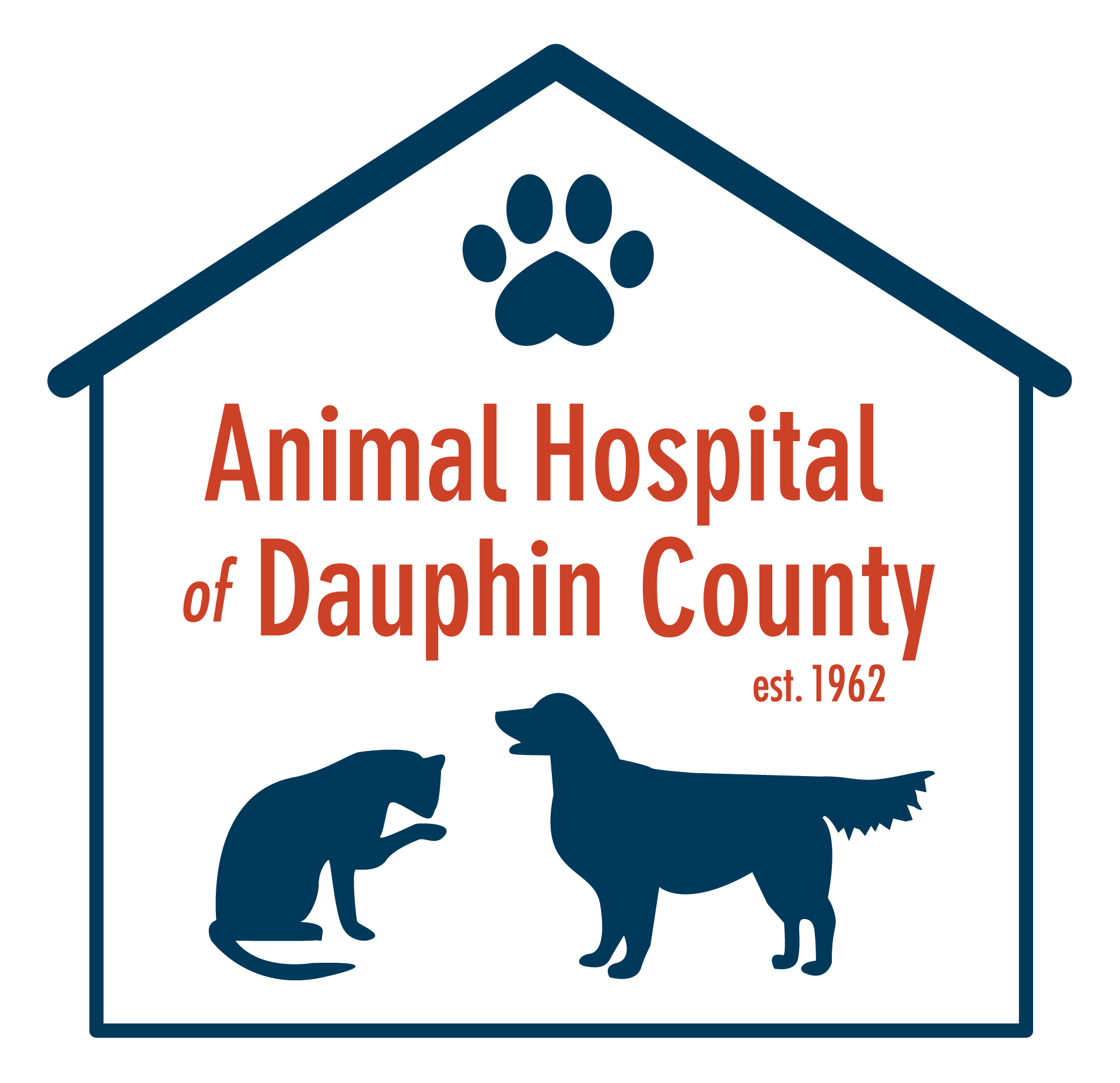Last year, there were more than 100,000 cases of pet poisoning in the U.S (cats and dogs). Many of these were caused by substances you probably have in your home, substances that may seem perfectly harmless to you. But just because something is safe for people doesn’t mean it won’t hurt beloved pets. Here is a list of the 10 most common dog poisons and the negative impacts they can have on your dog’s physical health.
10 Most Common Dog Poisons
1. Humane Medication
Drugs that might be beneficial, or even life-saving, for people can have the opposite effect in pets. And it doesn’t always take a large dose to do major damage. Some of the most common and harmful medications that poison dogs include:
- Non-steroidal anti-inflammatory medications, such as ibuprofen or naproxen, which can cause stomach and intestinal ulcers or kidney failure.
- Anti-depressants, which may cause vomiting and, in more serious instances, serotonin syndrome – a dangerous condition that raises temperature, heart rate, and blood pressure, and may cause seizures.
- Isoniazid, a tuberculosis drug, is difficult for dogs to process. Even one tablet can cause problems in a small dog. Signs of poisoning include seizures and coma.
2. Incorrect Use of Flea and Tick Products
Incorrect use of Flea and tick products. You may think you’re doing your dog a favor when you apply products marketed to fight fleas and ticks, but thousands of animals are unintentionally poisoned by these products every year. Problems can occur if dogs accidentally ingest these products or if small dogs receive excessive amounts. If you have any specific question, please don’t hesitate to call.
3. People Food
Your canine companion may look so cute as he sits there begging for a bite of your chocolate cake or a chip covered in guacamole, but not giving him what he wants could save his life. Animals have different metabolisms than people. Some foods and beverages that are perfectly safe for people can be dangerous, and sometimes fatal, for dogs. Chocolate. Though not harmful to people, chocolate products contain substances called methylxanthines that can cause vomiting in small doses, and death if ingested in larger quantities. Darker chocolate contains more of these dangerous substances than do white or milk chocolate. The amount of chocolate that could result in death depends on the type of chocolate and the size of the dog. For smaller breeds, just half an ounce of baking chocolate can be fatal, while a larger dog might survive eating 4 to 8 ounces. Coffee and caffeine have similarly dangerous chemicals.
- Chocolate: Though not harmful to people, chocolate products contain substances called methylxanthines that can cause vomiting in small doses, and death if ingested in larger quantities. Darker chocolate contains more of these dangerous substances than do white or milk chocolate. The amount of chocolate that could result in death depends on the type of chocolate and the size of the dog. For smaller breeds, just half an ounce of baking chocolate can be fatal, while a larger dog might survive eating 4 to 8 ounces. Coffee and caffeine have similarly dangerous chemicals.
- Alcohol: Symptoms of alcohol poisoning in animals are similar to those in people, and may include vomiting, breathing problems, coma and, in severe cases, death.
- Avocado: You might think of them as healthy, but avocadoes have a substance called persin that can act as a dog poison, causing vomiting and diarrhea.
- Macadamia Nuts: Dogs may suffer from a series of symptoms, including weakness, overheating, and vomiting, after consumption of macadamia nuts.
- Grapes and Raisins: Experts aren’t sure why, but these fruits can induce kidney failure in dogs. Even a small number may cause problems in some dogs.
- Xylitol: This sweetener is found in many products, including sugar-free gum and candy. It causes a rapid drop in blood sugar, resulting in weakness and seizures. Liver failure also has been reported in some dogs.
4. Rat and Mouse Poison
Rodenticides, if ingested by dogs, can cause severe problems. The symptoms depend on the nature of the poison, and signs may not start for several days after consumption. In some instances, the dog may have eaten the poisoned rodent, and not been directly exposed to the toxin.
5. Pet Medications
Just as we can be sickened or killed by medications intended to help us, cases of pet poisoning by veterinary drugs are not uncommon. Some of the more commonly reported problem medications include painkillers and de-wormers.
6. Household Plants
They may be pretty, but plants aren’t necessarily pet friendly. Some of the more toxic plants to dogs include: Azaleas and rhododendrons. These pretty flowering plants contain toxins that may cause vomiting, diarrhea, coma, and potentially even death.
- Tulips and Daffodils: The bulbs of these plants may cause serious stomach problems, convulsions, and damage to the heart.
- Sago Palms: Eating just a few seeds may be enough to cause vomiting, seizures, and liver failure.
7. Chemical Hazards
Not surprisingly, chemicals contained in antifreeze, paint thinner, and chemicals for pools can act as dog poison. The pet poisoning symptoms they may produce include stomach upset, depression, and chemical burns.
8. Household Cleaners
Just as cleaners like bleach can poison people, they are also a leading cause of pet poisoning, resulting in stomach and respiratory tract problems.
9. Heavy Metals
Lead, which may be in paint, linoleum, and batteries, can be poisonous if eaten by your dog, causing gastrointestinal and neurological problems. Zinc poisoning may occur in dogs that swallow pennies, producing symptoms of weakness from severe anemia.
10. Fertilizer
Products for your lawn and garden may be poisonous to pets that ingest them.
If you suspect your dog has ingested any of these harmful chemicals, do not hesitate to contact us or call our veterinary staff at Animal Hospital of Dauphin County at (717)-652-1270 to receive emergency assistance!



